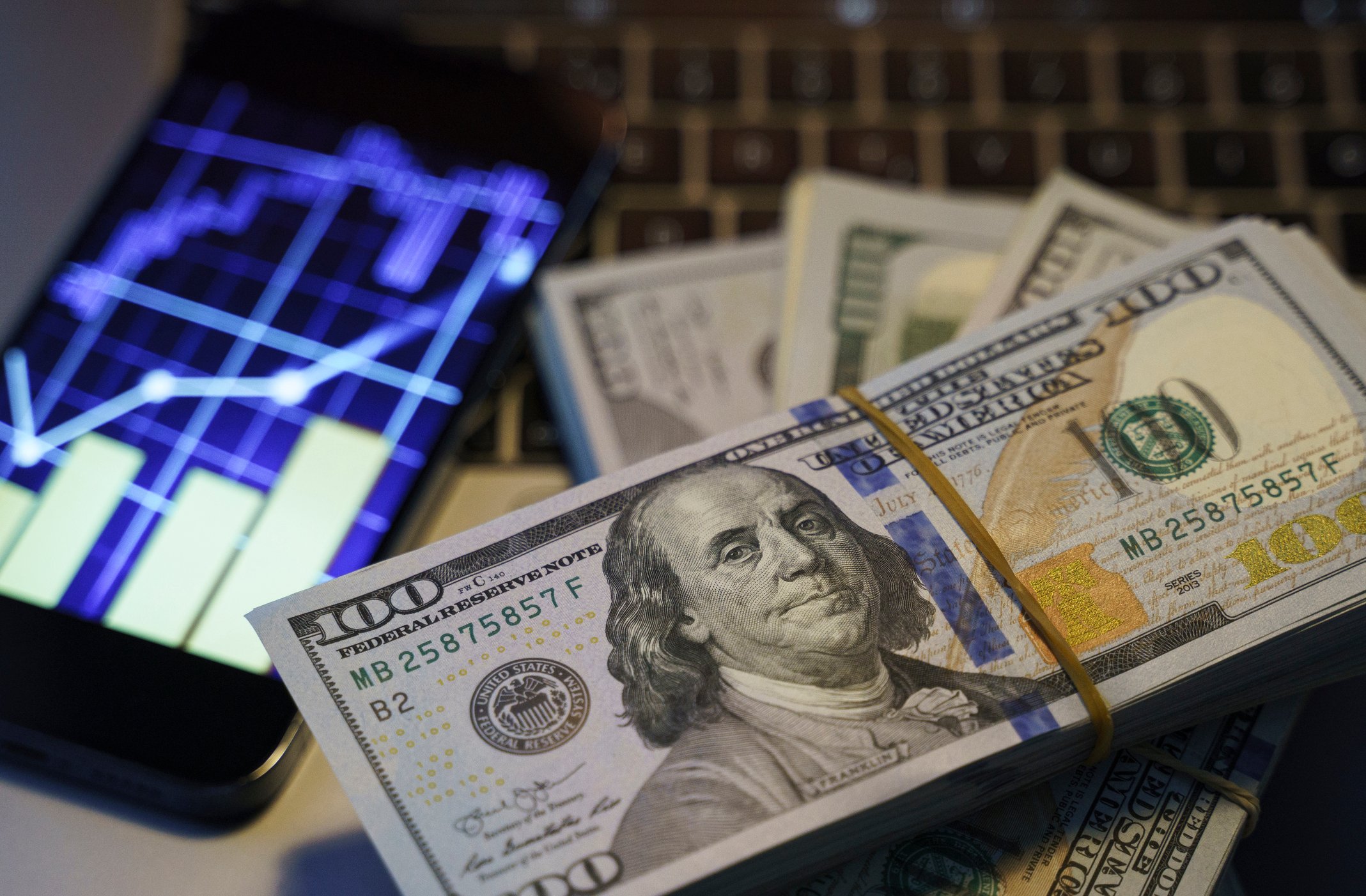Activision Blizzard, Inc (ATVI +0.00%) released earnings for the fourth quarter and full year 2014 on February 5, and the results are better than expected pretty much across the board. The highlights:
- Adjusted sales of $4.8 billion meet guidance.
- Adjusted earnings per share of $1.42 ahead of the $1.35 guidance.
- GAAP earnings per share of $1.13 well ahead of $0.91 guidance.
Based on the final numbers, the company continued its string of successes with three of the top-five new releases for the year in Call of Duty: Advanced Warfare (No. 1), Destiny (No. 3), and Skylanders Trap Team (No. 5). However, the stock is trading down as much as 7% after hours based on disappointment in the company's guidance for 2015, and word that Vivendi is selling another 40 million shares of its remaining stake in the company.
Let's take a closer look. There's some important stuff for investors to know.
Legacy franchises remain strong, but new games providing huge lift
The latest releases in the CoD and World of Warcraft franchises continue to perform well, but both are losing some of their audience from the peak for both in 2012. However, new franchises, like the highly successful Destiny and Hearthstone: Heroes of Warcraft, are making a major impact. Combined, those two games have 40 million users, and generated more than $850 million in (non-GAAP) sales last year.
This -- to me -- is the biggest differentiator between Activision Blizzard today and any of its game-making peers. Most publishers have only a handful of hit titles, and the development process takes years in many cases for new versions. The result is a very "lumpy" business that can heavily drag on profits in between releases, as sales lag between releases. To date, Activision Blizzard has five major "blockbuster" titles in its arsenal, a number that CEO Bobby Kotick said in the release would be increased to 10 in 2015.
Balance sheet housekeeping
Since the move away from Vivendi last year, Kotick and his team have begun taking steps to return more capital back to shareholders. There will be a 15% increase to the dividend for 2015, worth around a 1.1% yield based on recent share prices. The company is also throwing $1 billion at reducing the share count ($750 million) and reducing debt ($250 million).
Considering that it took $4.75 billion in debt to finance the Vivendi breakup, it's nice to see the company beginning to chip away at that while continuing to increase shareholder returns through share buybacks. The company has reduced the share count 16% during the past five years alone, making dividend increases more affordable, and pushing per-share value up at the same time.
On a side note, the company also generated $1.3 billion in operating cash, and almost $1.2 billion in free cash flow during he year.
Market reacts to stuff that doesn't matter (much)
Mister Market is selling off in after hours, based apparently on two things. The first is worth watching, in that the company's guidance is for revenue to be flat year over year, and for earnings per share to actually decline. Needless to say the market doesn't like that news, as Chipotle Mexican Grill shareholders saw earlier this week.
However, Kotick's explanation -- a strong U.S. dollar -- makes sense, considering that half of the company's sales are international. However, there's not much that the company can do about it, and long-term investors have to remember that currency exchange rates can also be a benefit. Over time, it pretty much balances out.
The second bit of news is that Vivendi is apparently getting ready to sell off another 40 million shares of its remaining stake in Activision Blizzard. It doesn't really matter much, because its stake -- while significant compared to the average investor's -- is only a few percent of Activision's shares. Even if the new owner ends up being a single entity, it's not a large enough stake to give any real control to a new party.
Looking ahead
As with any business, Activision Blizzard has a few things that will be a challenge in 2015, particularly the effect of currency fluctuations. However, there are also a lot of great things happening as the company continues to expand its game portfolio. Kotick remains the best CEO in the industry, and he and his team are taking steps to strengthen the company for the long term. The year 2015 may not be as great as investors might like, but the long term -- which is clearly management's focus -- remains pretty solid.
Editor's note: A previous version of this article contained an incorrect estimated yield for the increased dividend.






